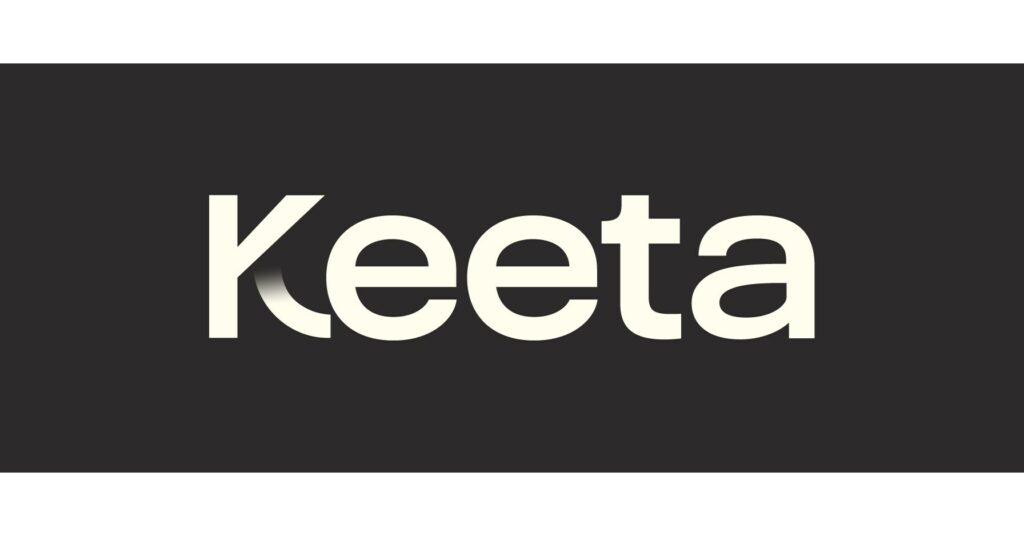
Every so often, a technology arrives that doesn’t just improve the system — it renders the old one obsolete. Keeta is positioning itself as exactly that: a network where anything that can be bought or sold can be traded in any asset, anywhere in the world, in under half a second.
Look at your bank statement or credit card transactions. Every single payment — from your gym membership to industrial supply orders — could be routed through Keeta if suppliers integrate via a Keeta Anchor. The business case is overwhelming: transactions become significantly cheaper, revenue arrives instantly, and operational risk plummets.
For corporations, one number matters above almost all else: Days Sales Outstanding (DSO). This is the time it takes to get paid after making a sale, and it’s a direct measure of business risk. Keeta doesn’t just improve DSO — it annihilates it, compressing payment times from weeks to milliseconds. That kind of transformation strengthens cash flow, boosts valuations, and gives companies an advantage their competitors simply can’t match.
The pitch is brutally simple:
- Reduce Risk — Get paid instantly, cut exposure to bad debt to near zero.
- Reduce Costs — Slash transaction fees and overhead.
- Reduce Time — Eliminate payment delays, unleash trapped capital.
And this isn’t limited to niche markets. Keeta is asset-agnostic — capable of moving value for any product or service, using any currency or tokenized asset. From retail micro-payments to cross-border billion-dollar trades, the settlement time is the same: 0.5 seconds.
History rewards the platforms that strip friction from commerce. SWIFT redefined global banking. PayPal reshaped online payments. But Keeta’s model is faster, broader, and more versatile — a payments architecture for the age of instant everything.
If adoption moves at the pace its advantages suggest, Keeta won’t just be another fintech success story. It will be the backbone of the next era of global trade, controlling the rails on which trillions of dollars move every single day. And in the world of payments, control of the rails means control of the future.






